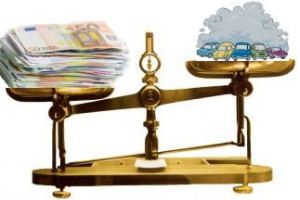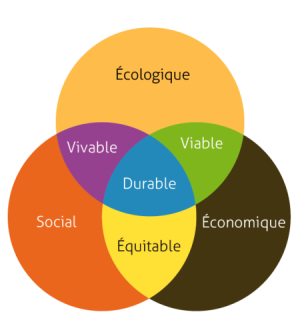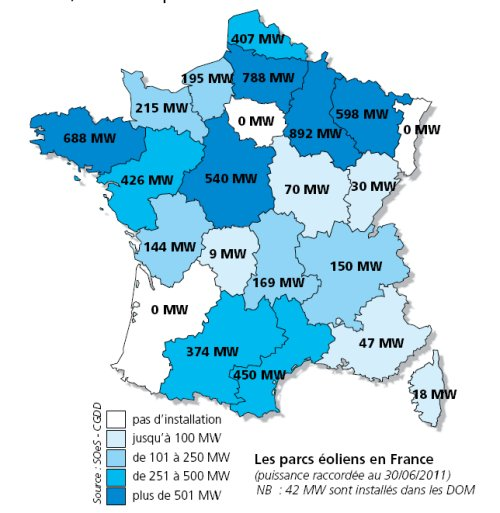
 Lower rates applied by governments to company cars and diesel fuel in the 27 OECD countries & South Africa were a EUR 26.8 billion of foregone tax revenues in 2012.
Lower rates applied by governments to company cars and diesel fuel in the 27 OECD countries & South Africa were a EUR 26.8 billion of foregone tax revenues in 2012.
But under-taxing of company cars in OECD means an overall cost much higher : an additionnal cost of EUR 150 billions follow from the increase of air pollution, carbon emissions, traffic congestions, road accidents and health ailments (EUR 116 billions additionnal annual cost).
The OECD is calling on governments to stop subsidising company cars and to phase out the diesel tax differential.
OECD recently published a report about diesel use and under-taxing which demonstrates the negative impacts of subsidising company cars and diesel tax tax differential (company cars are half of the amount of new cars in European Union and diesel motors are in 55% of new cars).
Besides the EUR 150 billions cost, OECD emphasizes that 33 of 34 OECD countries apply lower taxes to diesel than to petrol and that diesel cars are in the majority in 23 countries. But trafiic is responsible for ~25% of carbon emissions and are the main cause of air pollution.
It is also known for long than cars using diesel fuel are worse for environment and health than those using petrol fuel:
- + 18% carbon atoms than petrol (per volume unit)
- more harmful air pollutants (carbon coumpounds, small particles,...)
And company car owners drive up to three times as much as people with private cars, mainly because of subsides and lower rates taxes (price of diesel and tax reliefs when driving a company car).
The OECD is calling on governments to stop subsidising company cars and to phase out the diesel tax differential.
Subsidising company cars and diesel tax differential are inconsistent with actions aiming to improve air quality and to lower environment footprint, and they also have an heavy impact on public finances! Let's hope that this economic argument will carry weight...
Source








